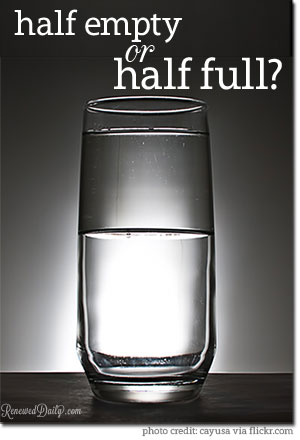Personally, I think this class has a strong foundation of expressing the importance of perspective.
Of all the works we read, whether they were full of logic and laws such as John Locke’s Second Treatise of Government, or if they were full of vibrant emotions such as in Goethe’s The Sufferings of Young Werther, there a many different approaches to living life. In the past when I thought about perspective, I realized that I only considered that everyone does have a different perspective from others, and there may be overlap between people’s agreements and disagreements. However, I never fully understood the impact of not only listening to other’s perspectives, but truly emerging oneself into someone else’s perspective, and trying to reason through their feelings, without one’s personal biases getting in the way.
This seems like a simple or maybe basic understanding of our ideals as westerners, such as following a certain structure of society and contributing to it in some form. Yet this has affected me as a thinker because it has pushed me to really look at one perspective, understand as much as I can from it, and then formulate a connection between all perspectives I have observed. Essentially, it has taught me to be more open minded, to work to fully understand someone’s thoughts as much as I can, and then act on them from there, rather than letting my bias immediately judge a situation.
Thus, through the different depictions of the world’s structuring and progressiveness as seen through Voltaire’s satire in Candide, to understanding Rousseau’s argument of man’s basic needs to survive, I think this course has been beneficial to demonstrating how progression affects our world, especially here in the quick pace of the ‘west’, in addition to challenging to think beyond our own opinions and really dive into other’s perspectives.
Therefore, I leave you with this image. This is a fairly common image people have seen in terms of perspective, but really think about it now, with all we have learned. What would Goethe say about the tragedy of it only being half full, or half empty? What would Locke argue is logical for labeling this glass: half empty, or half full, but not both? What do you think, and what are your reasons?

